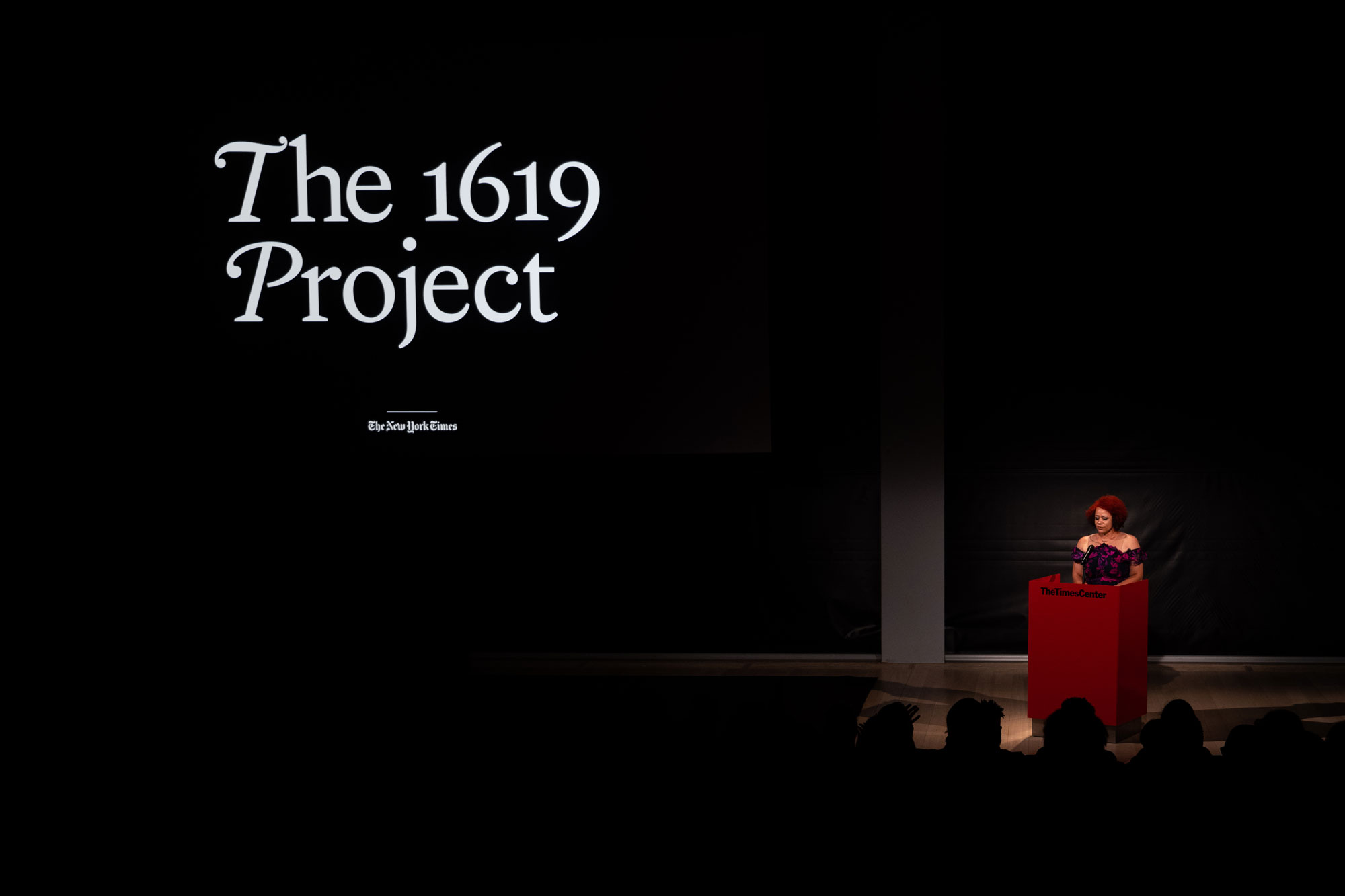


Jake Silverstein - editor in chief of The New York Times Magazine, which published the project - told Ellison, “We perceived it right away to be an attack on the project,” Wilentz, along with several other academics, then went public with their criticisms and sent a letter to the Times. “I threw the thing across the room, I was so astounded,” Wilentz said upon reading it, “because I ran across a paragraph on the American Revolution, and it was just factually wrong.” The controversy centers on some of the claims made in “The 1619 Project,” such as what role slavery had to do with the colonists’ decision to declare independence from Britain.Įllison quotes a wide array of sources, including the project’s creator, Nikole Hannah-Jones, and Sean Wilentz, the Princeton historian who sparked the pushback against some of the project’s assertions.

The Washington Post’s Sarah Ellison is the latest to take a deep dive into “The 1619 Project” with her latest piece: “How the 1619 Project Took Over 2020.” Ellison looks at the backlash the project took from scholars, politicians and even the Opinion section of the Times. I’m still not sure why this is suddenly a topic again right now. But it’s now back in the news with a Times opinion columnist criticizing the piece and a call for its Pulitzer Prize to be removed. The New York Times’ “1619 Project” about slavery in the United States came out more than a year ago.


 0 kommentar(er)
0 kommentar(er)
